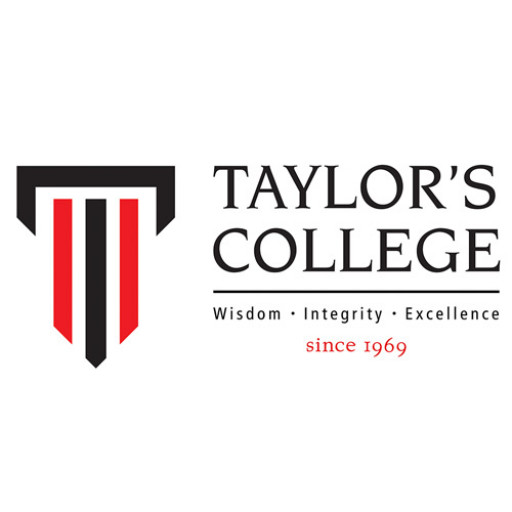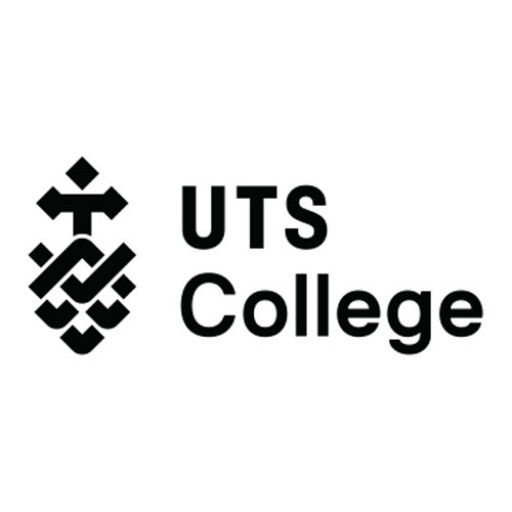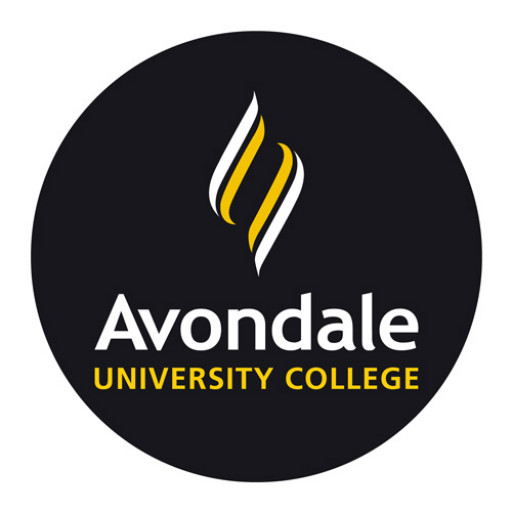The Bachelor of Science at Swinburne University of Technology is a comprehensive and versatile program designed to equip students with a strong foundation in scientific principles, critical thinking, and innovative problem-solving skills. This undergraduate degree offers a wide range of specialization options across various disciplines such as biology, chemistry, physics, computer science, and environmental science, allowing students to tailor their education to their personal interests and career aspirations. The curriculum integrates theoretical knowledge with practical applications, ensuring graduates are well-prepared to meet the challenges of the modern scientific landscape. Students will engage in laboratory work, field studies, and industry projects that foster hands-on experience and real-world insights, promoting a deeper understanding of scientific concepts and methodologies. The program emphasizes research skills, data analysis, and technological proficiency, aligning with industry standards and evolving scientific trends. Additionally, Swinburne’s strong industry connections facilitate internships and collaborative projects, providing students with valuable networking opportunities and industry exposure. The Bachelor of Science at Swinburne is ideal for those passionate about understanding the natural world, pursuing further research, or entering various science-related careers. Graduates will possess critical analytical abilities, effective communication skills, and a global perspective that enables them to contribute meaningfully to scientific advancements and innovation. With access to state-of-the-art laboratories and resources, students are encouraged to explore their scientific curiosity, engage in cutting-edge research, and develop skills that are highly valued in a wide range of industries. Upon completion, graduates are well-positioned to pursue postgraduate studies, careers in research and development, environmental consultancy, data analysis, healthcare, information technology, and other science-driven fields. Swinburne’s Bachelor of Science combines academic excellence with practical experience, aiming to nurture the next generation of scientists, researchers, and professionals dedicated to making a positive impact on society and the environment.
The Bachelor of Science program at Swinburne University provides students with a comprehensive foundation in scientific principles and practices, preparing graduates for diverse careers in science and technology fields. The program emphasizes critical thinking, problem-solving, and experimental skills through a combination of coursework, laboratory work, and applied projects. Students have the opportunity to select from a wide range of specializations, including chemistry, physics, biological sciences, environmental science, and data science, allowing them to tailor their education to their interests and career goals.
Throughout the program, students engage in hands-on learning, applying theoretical knowledge to real-world scenarios. They develop practical skills in data analysis, research methodologies, and technological applications. The curriculum incorporates contemporary topics such as sustainability, renewable energy, biotechnology, and information technology, ensuring that graduates are well-equipped to meet current industry challenges. Additionally, the program includes opportunities for interdisciplinary study and collaboration, fostering innovation and adaptability.
Swinburne's state-of-the-art laboratories and research facilities support student learning and research activities, providing the resources necessary for deep exploration into scientific topics. The program also encourages critical inquiry and ethical considerations in scientific research and practice. With a focus on employability, students gain not only academic knowledge but also essential skills in communication, teamwork, and project management.
Graduates from the Bachelor of Science at Swinburne are prepared to pursue careers in research, industry, government, and academia or to continue their studies at postgraduate levels. The program's strong industry links and internship opportunities enable students to gain valuable professional experience during their studies. Overall, the program cultivates well-rounded scientists capable of contributing to technological advancements and sustainable solutions for society.
Successful conclusion of: the Victorian Certificate of Education (VCE) or its equivalent, such as an interstate or worldwide Year 12 qualification. completion or partial completion of an approved tertiary qualification (like Certificates I V (completed), Diplomas, Advanced Diplomas, Associate Degrees and Degrees). Applicants without a formal eligibility might be considered for entrance upon completion of the STAT test.
The financing of the Bachelor of Science program at Swinburne University of Technology is designed to be accessible and flexible, accommodating a diverse range of students from various economic backgrounds. Domestic students have access to a variety of funding options, including government Commonwealth Supported Places (CSP), which subsidize a significant portion of tuition fees, making higher education more affordable. Furthermore, students may be eligible for FEE-HELP, a government loan scheme that allows eligible students to defer their tuition fees until they are employed and earning above the repayment threshold. International students are required to pay full tuition fees upfront or through accepted payment plans, with fee amounts varying depending on the specific stream or specialization within the Science program, such as Environmental Science, Physics, or Chemistry.
Swinburne offers scholarships that can substantially reduce the financial burden of tertiary education. These scholarships are awarded based on academic merit, equity, or specific criteria such as leadership or community involvement. For example, the Swinburne Equity Scholarship is designed to support students facing financial hardship, while the Swinburne Academic Excellence Scholarship recognizes high-achieving students. These scholarships can cover tuition fees partially or in full and sometimes include additional benefits such as living allowance supplements.
Students are also encouraged to explore external funding opportunities, including government grants, private sector sponsorships, or industry-specific scholarships related to science fields. Additionally, some students opt for part-time employment while studying to support their living expenses and related costs. Swinburne's proximity to Melbourne's vibrant job market offers numerous part-time opportunities in research assistance, tutoring, or internships within science-related industries.
The university itself offers various financial aid options tailored to student needs, and many programs include optional payments plans which allow students to spread their tuition fees over manageable periods. Cost of living is an important consideration, and students may budget for accommodation, transportation, textbooks, and daily expenses. Melbourne's overall cost of living should also be considered, alongside the tuition fees charged by the university, which are competitive within Australia.
In summary, the financial landscape for the Bachelor of Science program at Swinburne is comprehensive, offering government subsidies, scholarships, and payment plans to make higher education achievable and sustainable for both domestic and international students. The university's commitment to accessible education is reflected in its range of support mechanisms designed to ease financial barriers for aspiring scientists.
The Bachelor of Science at Swinburne University of Technology offers students a comprehensive foundation in scientific principles and their applications across various disciplines. This undergraduate program is designed to equip students with critical thinking, analytical skills, and practical experience to address complex scientific challenges. The curriculum encompasses core subjects such as mathematics, physics, chemistry, and biology, alongside specialised courses tailored to students’ chosen areas of interest, including environmental science, data science, health sciences, and information technology. Students benefit from state-of-the-art laboratories and research facilities, facilitating hands-on learning and experimental work that enhances understanding and practical competence. The program also emphasizes research skills, scientific communication, and teamwork, preparing graduates to contribute effectively in academic, industrial, governmental, and community settings. Opportunities for industry placements, internships, and collaboration with research institutions are integrated into the course structure, providing real-world experience and networking opportunities that are valuable for future employment. Swinburne's close links with industry partners ensure that the curriculum remains relevant and responsive to emerging trends and technological advancements. The program aims to foster innovative thinking, problem-solving abilities, and a commitment to lifelong learning—all essential qualities in today’s rapidly evolving scientific landscape. Graduates of the Bachelor of Science can pursue diverse career paths, including research, data analysis, environmental management, health services, education, and information technology sectors. The university’s supportive learning environment, academic mentorship, and resources help students achieve their academic and professional goals. The program also provides pathways for further study, including honours programs and postgraduate qualifications in various scientific fields. Overall, the Bachelor of Science at Swinburne prepares students to be competent, adaptable, and ethical scientists ready to contribute to society’s scientific and technological advancements.







